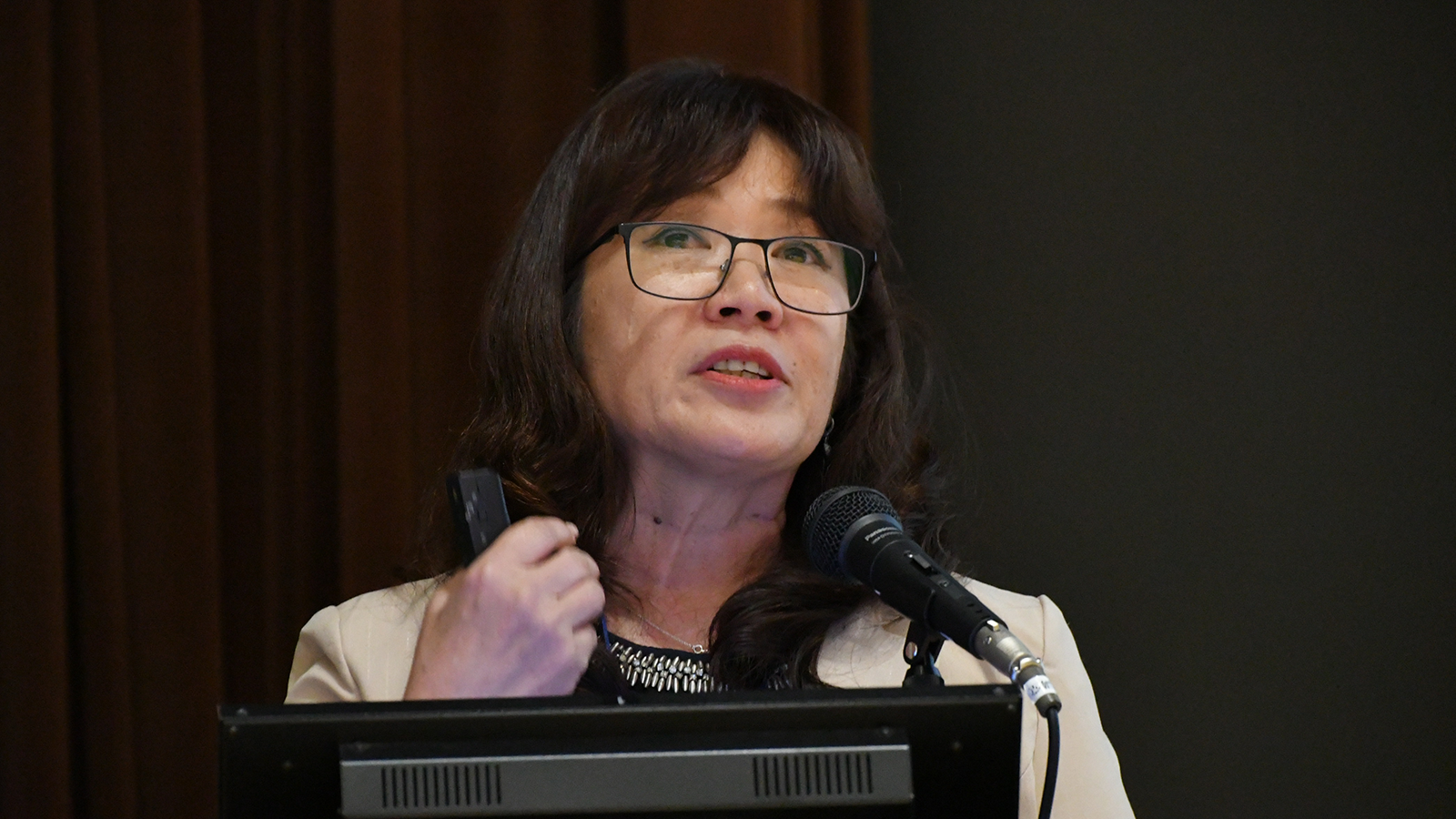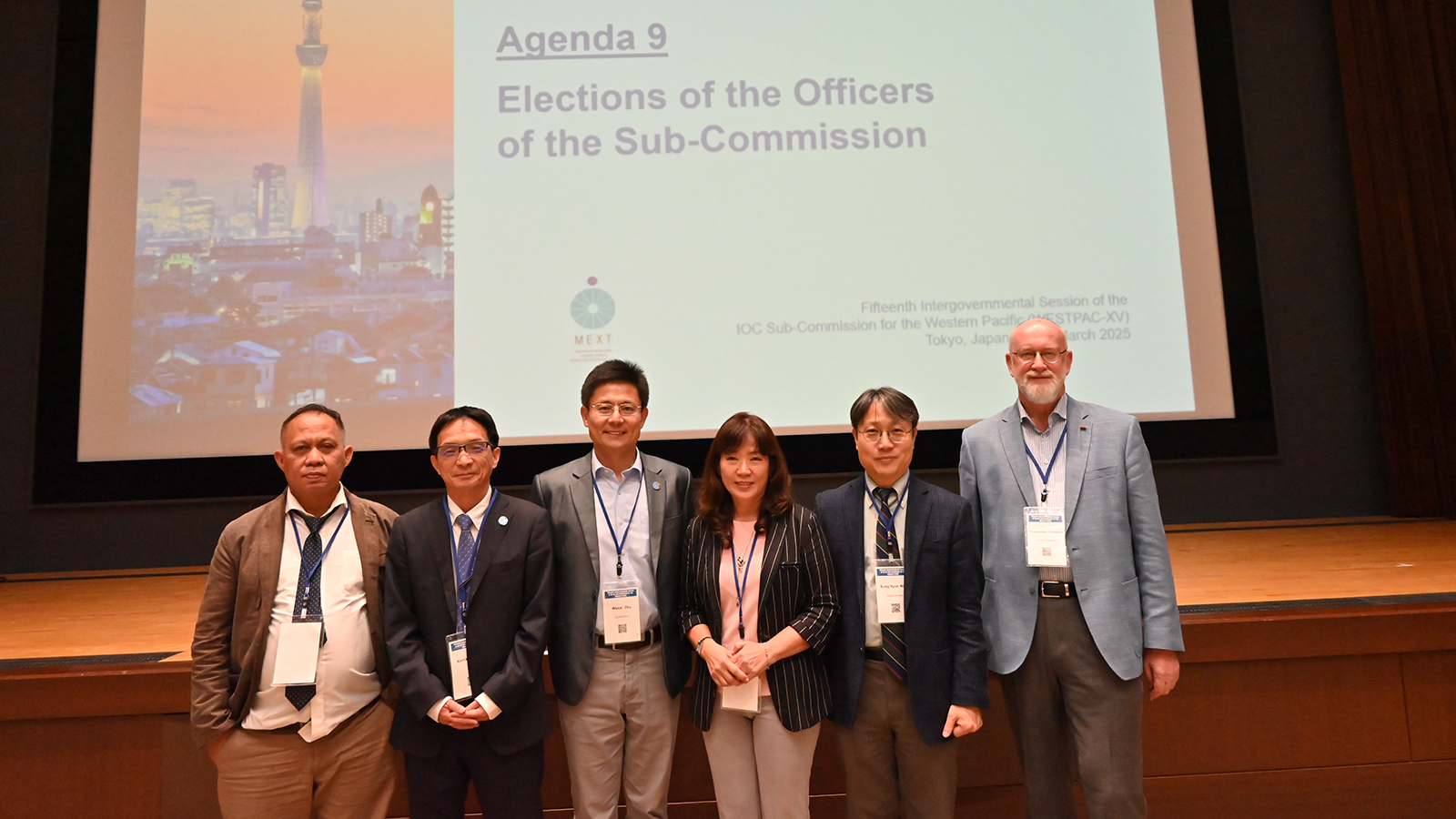- Wenxi Zhu
- Posted on
- Tokyo, Japan
From March 11-13, 2025, nearly 100 delegates from 13 nations across the Western Pacific convened in Tokyo for the Fifteenth Intergovernmental Session of the IOC Sub-Commission for the Western Pacific (WESTPAC-XV).
A Bold Vision for Ocean Science and Sustainability
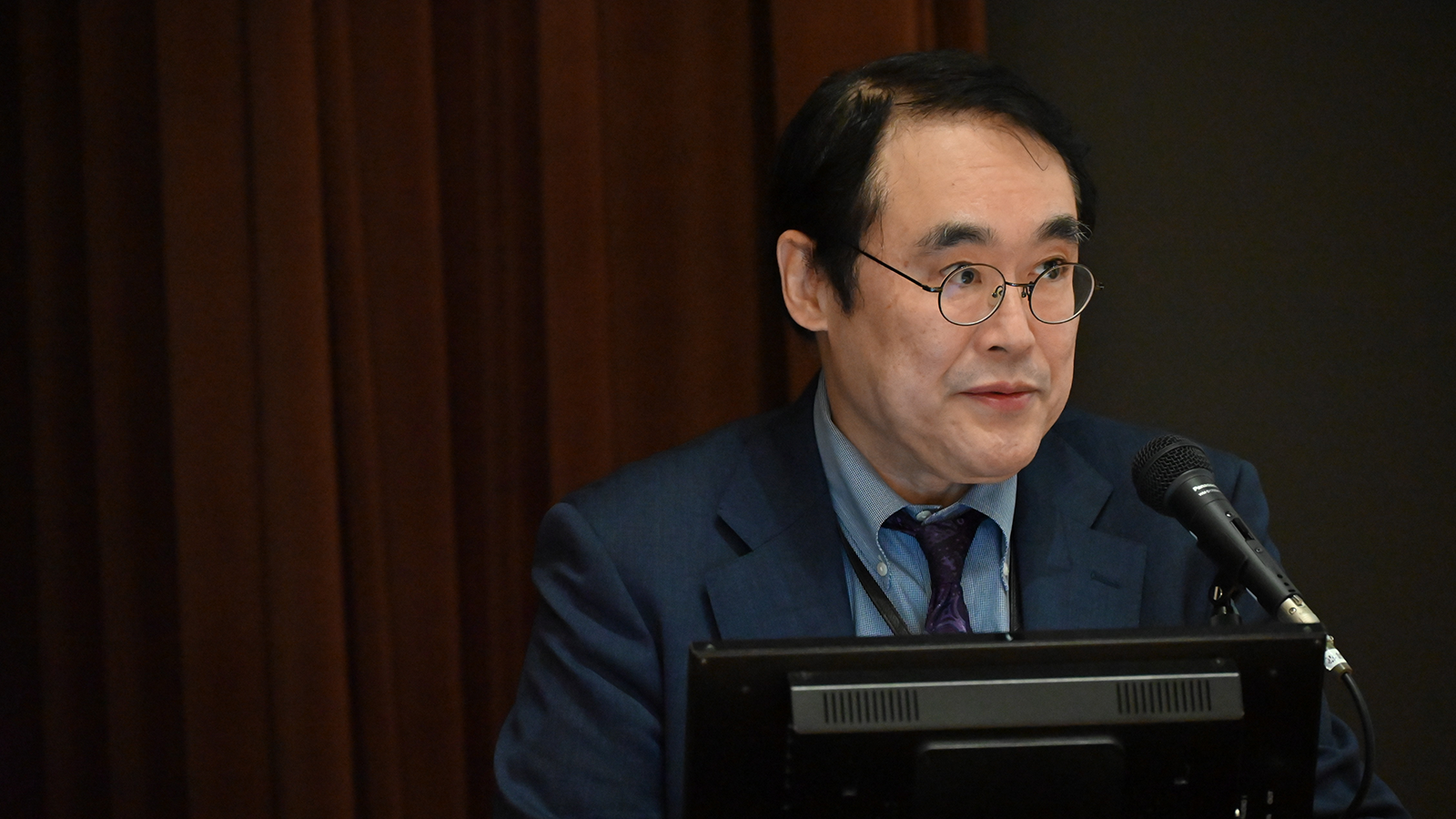
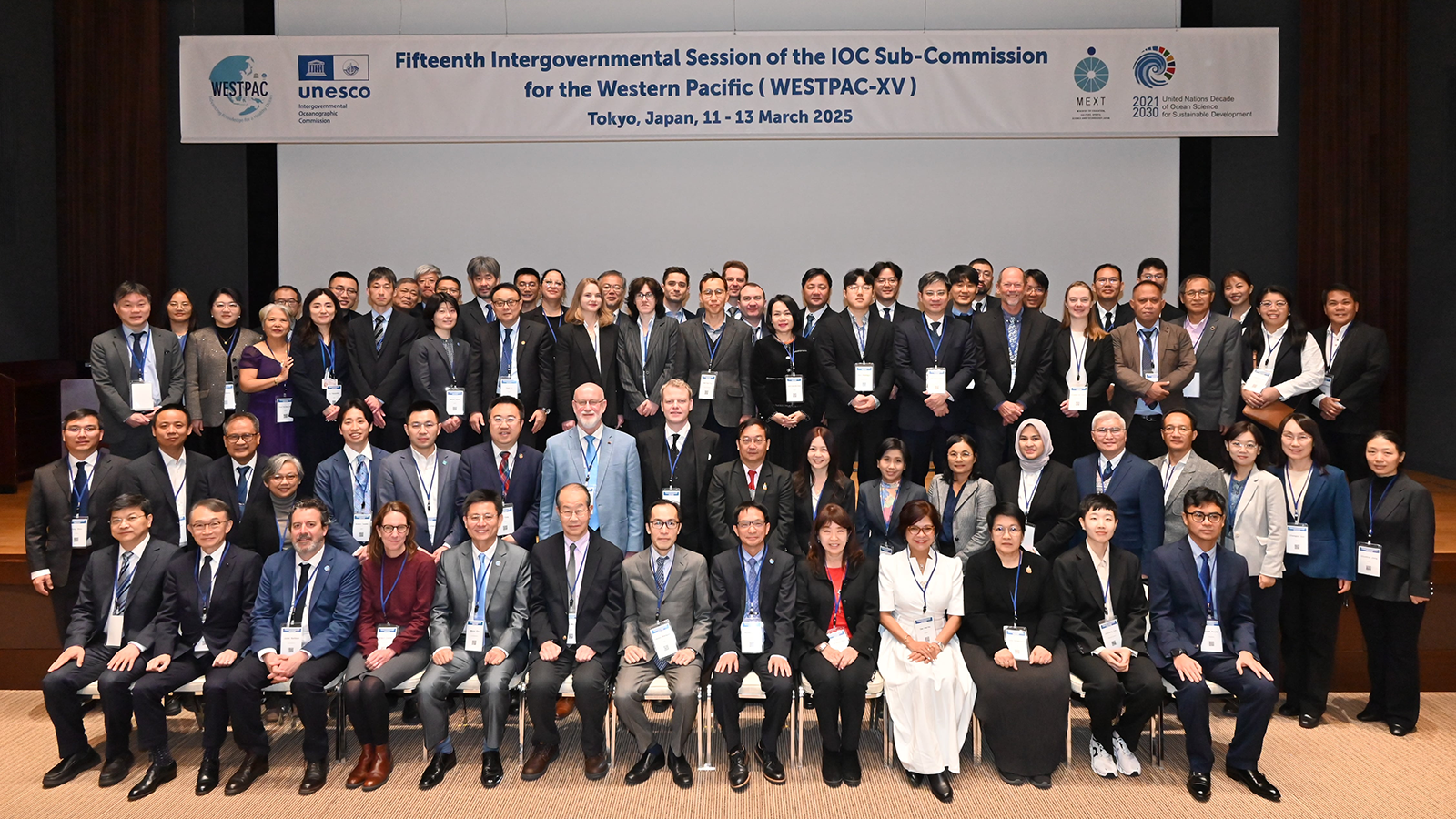
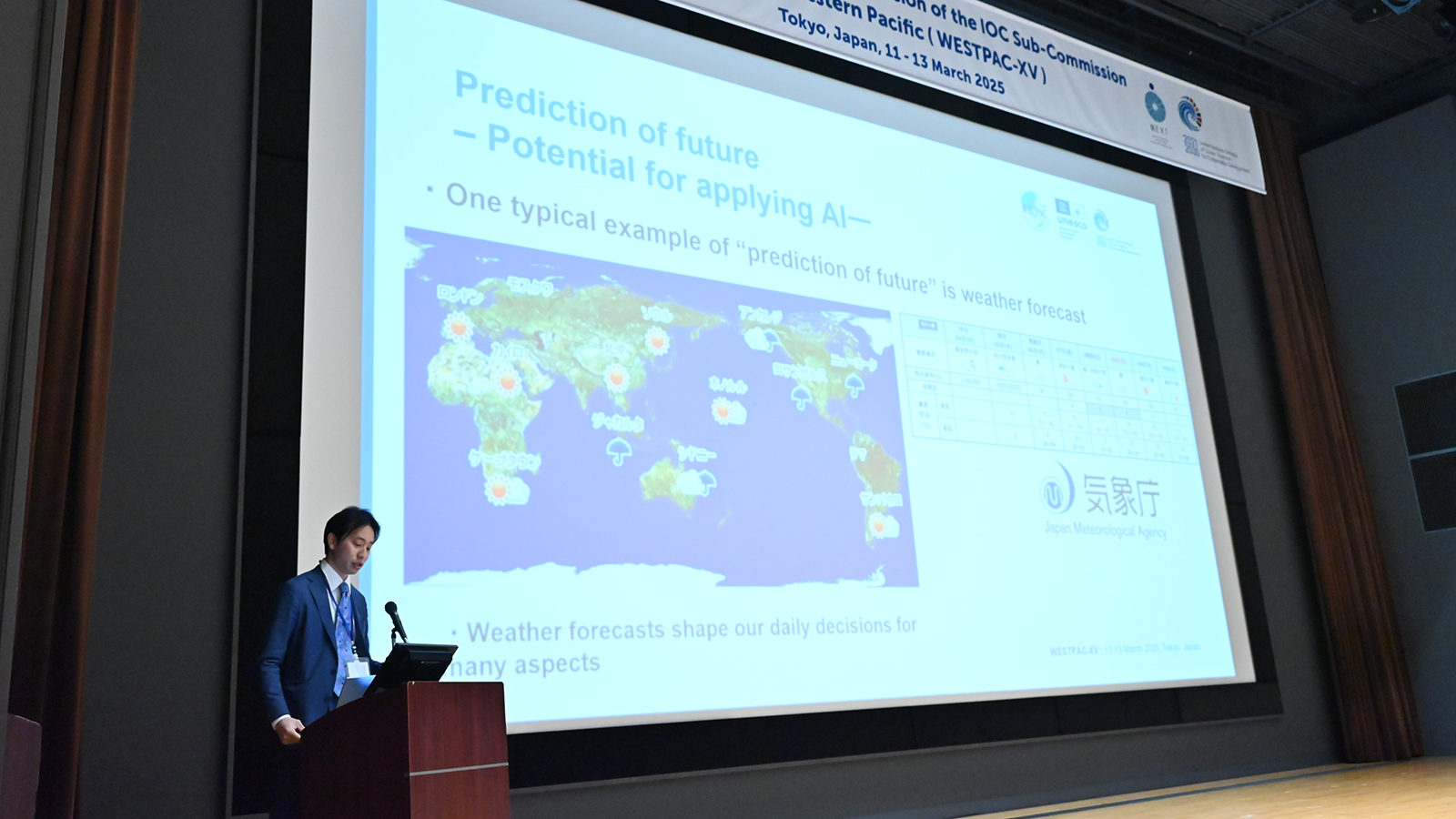
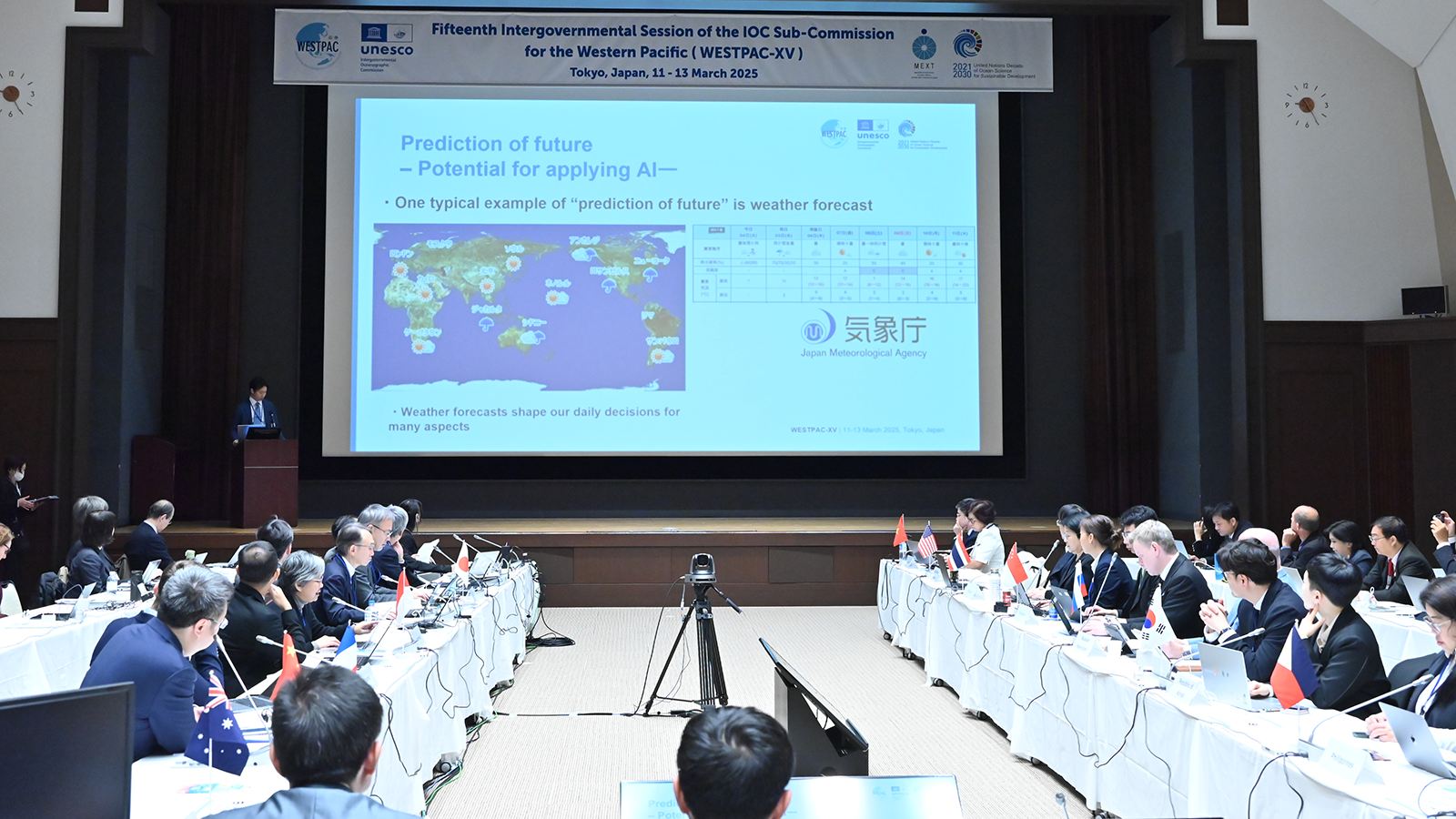
Pioneering Regional Initiatives for Global Impacts
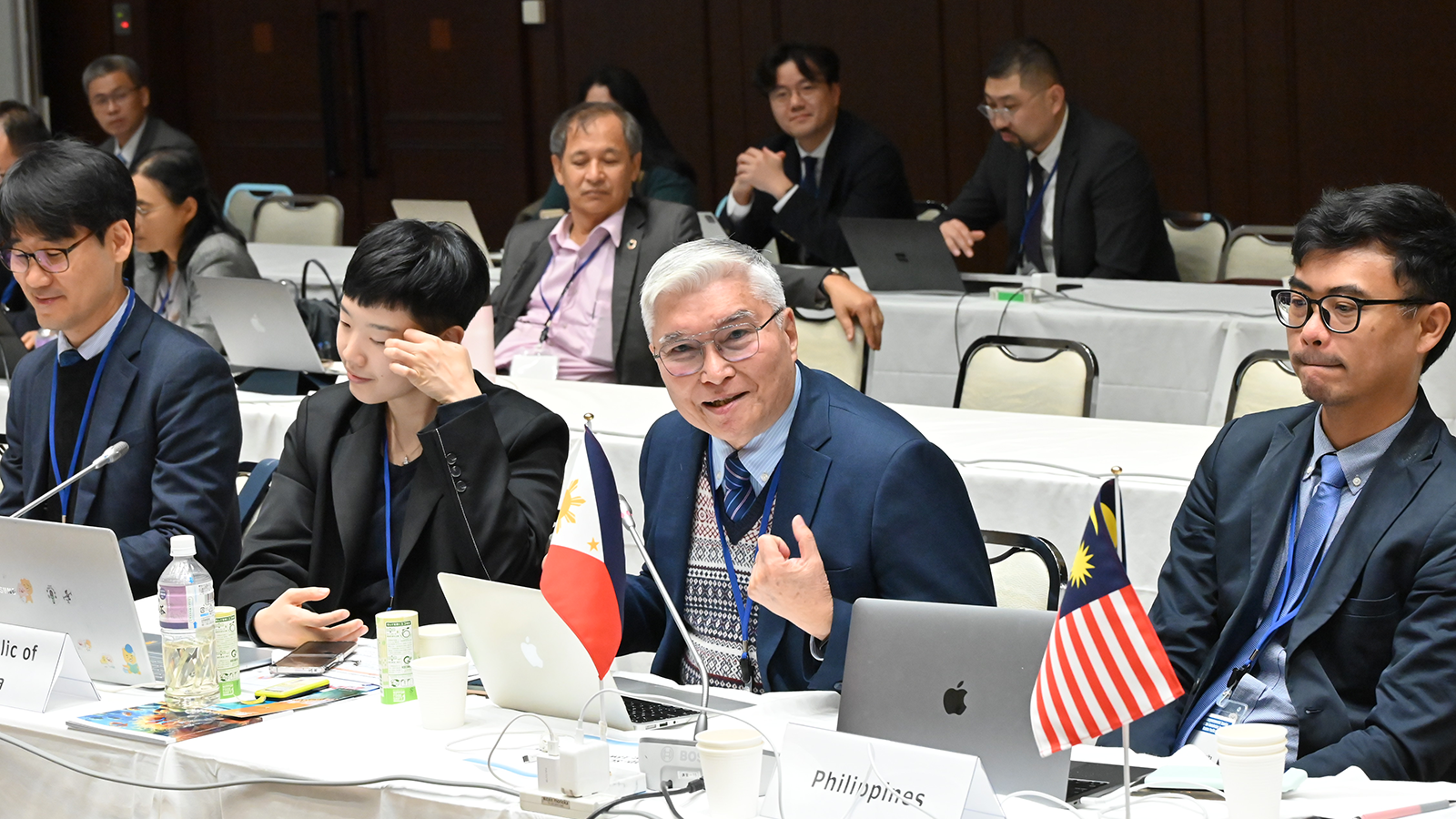
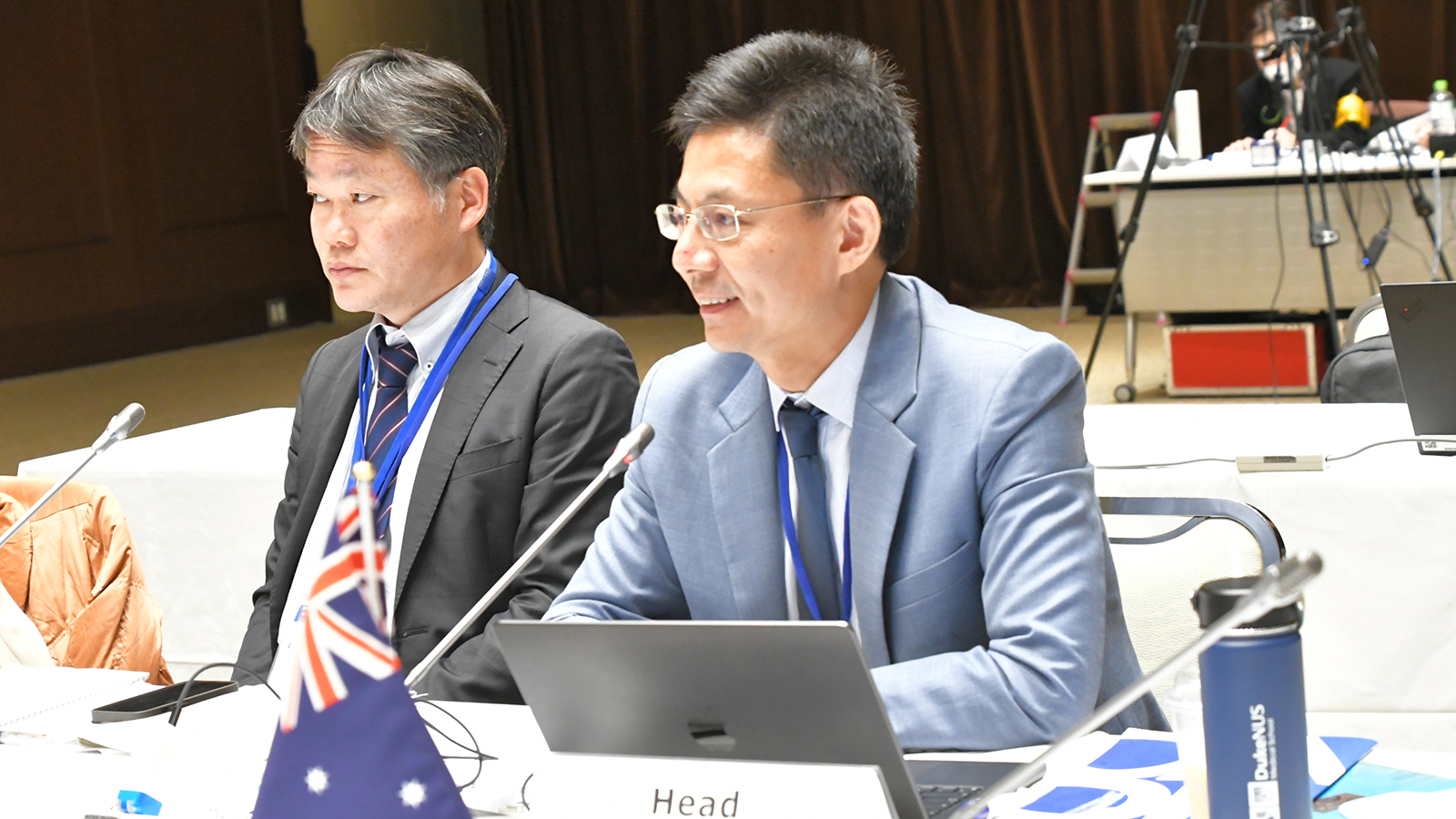
Role in the UN Ocean Decade
The Sub-Commission has been playing a leading role in the region in mobilizing member states, various institutions and diverse ocean stakeholders in the UN Ocean Decade. Over the past two years, the Sub-Commission spearheaded the organization of the 2nd Ocean Decade Regional Conference and 11th WESTPAC International Marine Science Conference (22-25 April 2024, Bangkok, Thailand), attended by more than 1200 ocean practitioners from over 40 countries, setting a new benchmark in the history of the Sub-Commission and the regional collaboration.
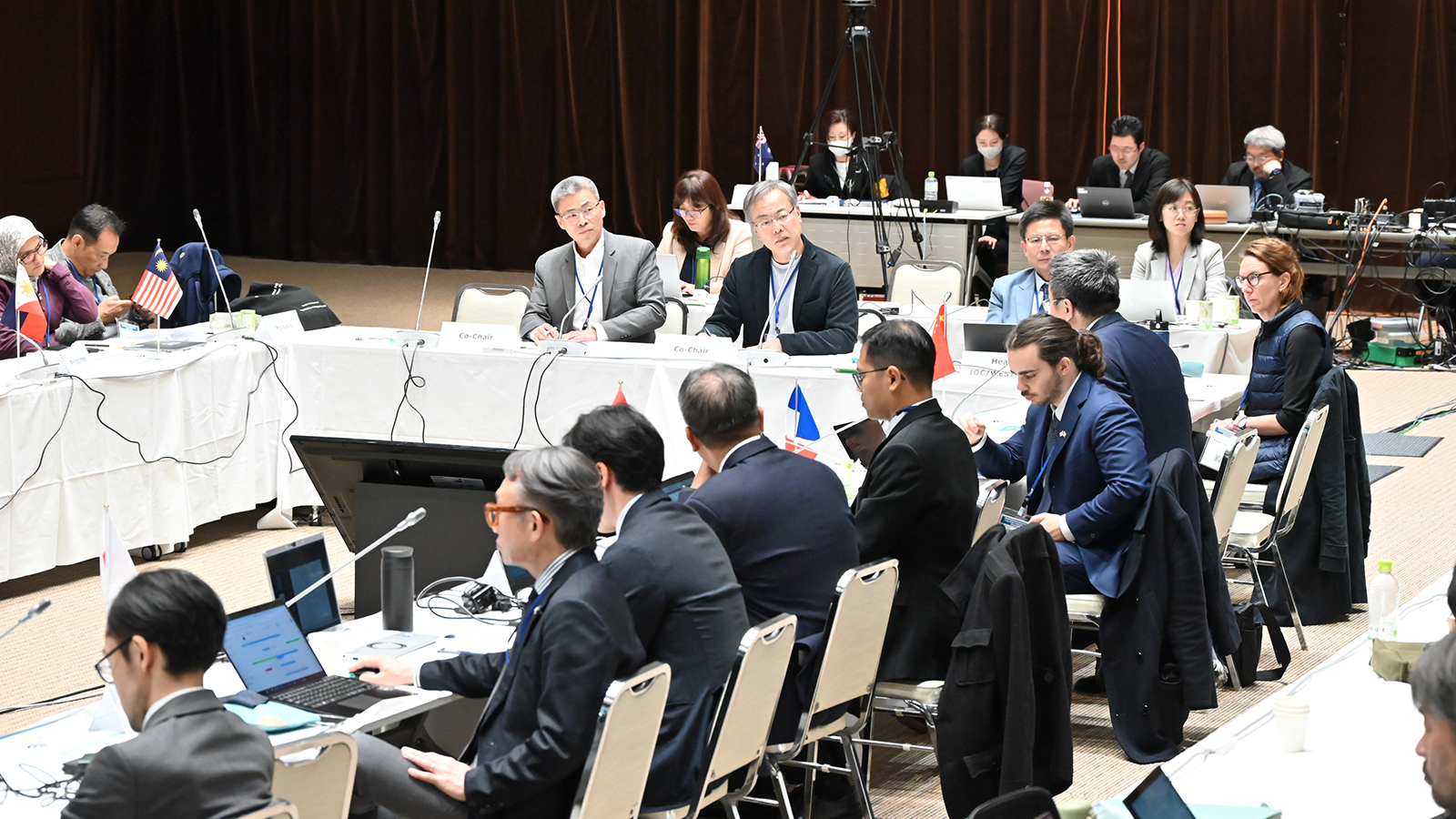
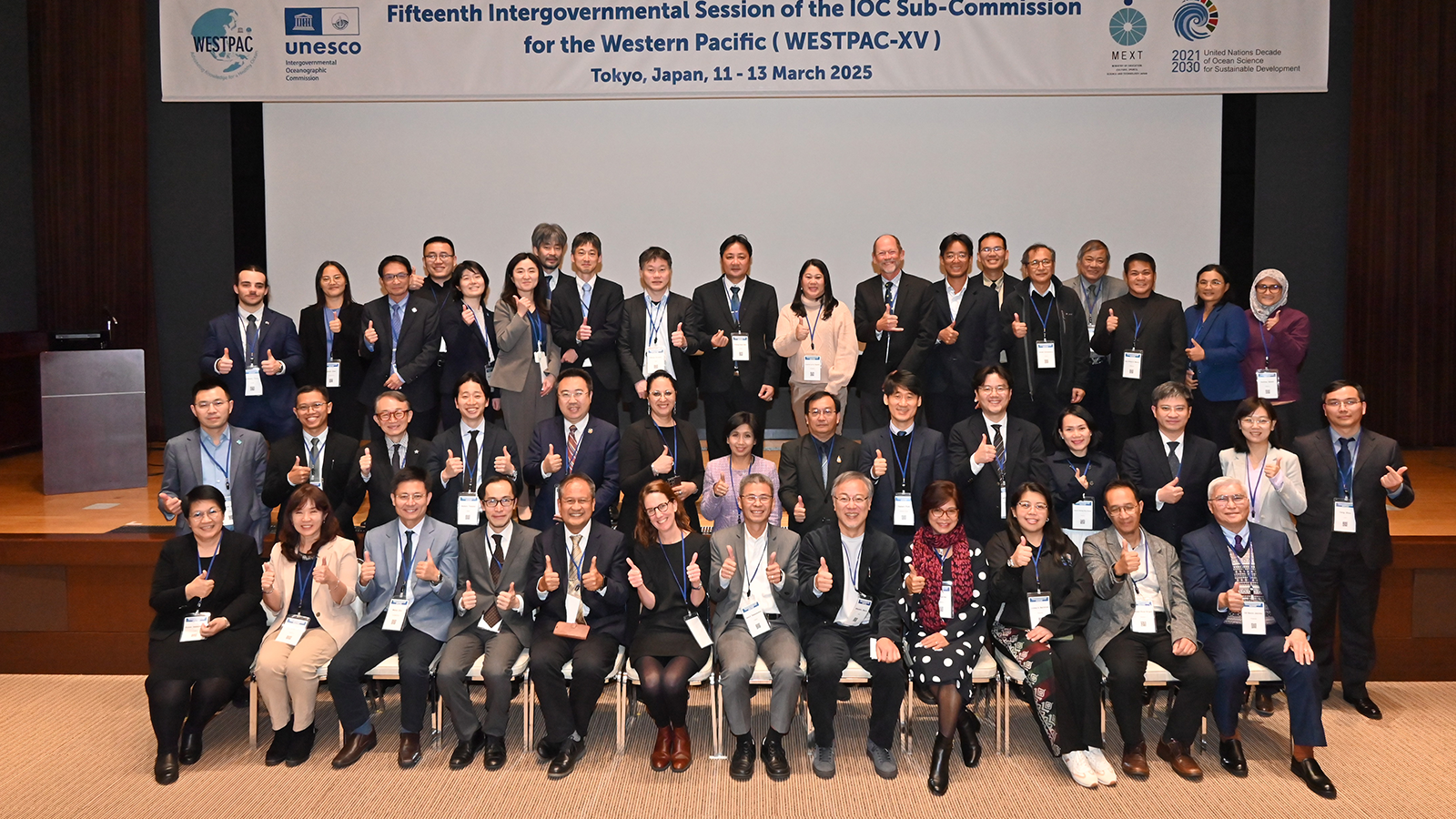
In addition, it is also driving five Decade Actions, namely: UN 21 – “Accelerate Marine Spatial Planning in the Western Pacific”, UN 22 – “Stem the tide of Asia’s riverine plastic emission into the ocean”, UN 23 – “Accelerating capacity development transformations in the Western Pacific – Regional Network of Training and Research Centers (RTRCs) on Marine Science”; UN 24 entitled “Second Cooperative Study of Kuroshio and Adjacent Regions – from its sciences to human well-beings”, and the recently developed UN 39 – “Ocean Solutions in the East Asian Seas”. On the margin of the Session, A side event, the National Decade Committees (NDCs) Forum, provided a platform for countries to share experiences and challenges in advancing their national ocean decade initiatives.
The session adopted the regional Action Framework for Accelerating Marine Spatial Planning in the Western Pacific (2025-2030); and, based on the evaluation results, endorsed the establishment of a CSK-2 Support Office hosted by the Laoshan Laboratory in Qingdao. The Sub-Commission also encouraged Member States and their institutions to host additional regional training and research centers that align with regional priority issues and their specialized areas.
Actions for the GBF and BBNJ Agreement
Senior Government Officials Roundtable
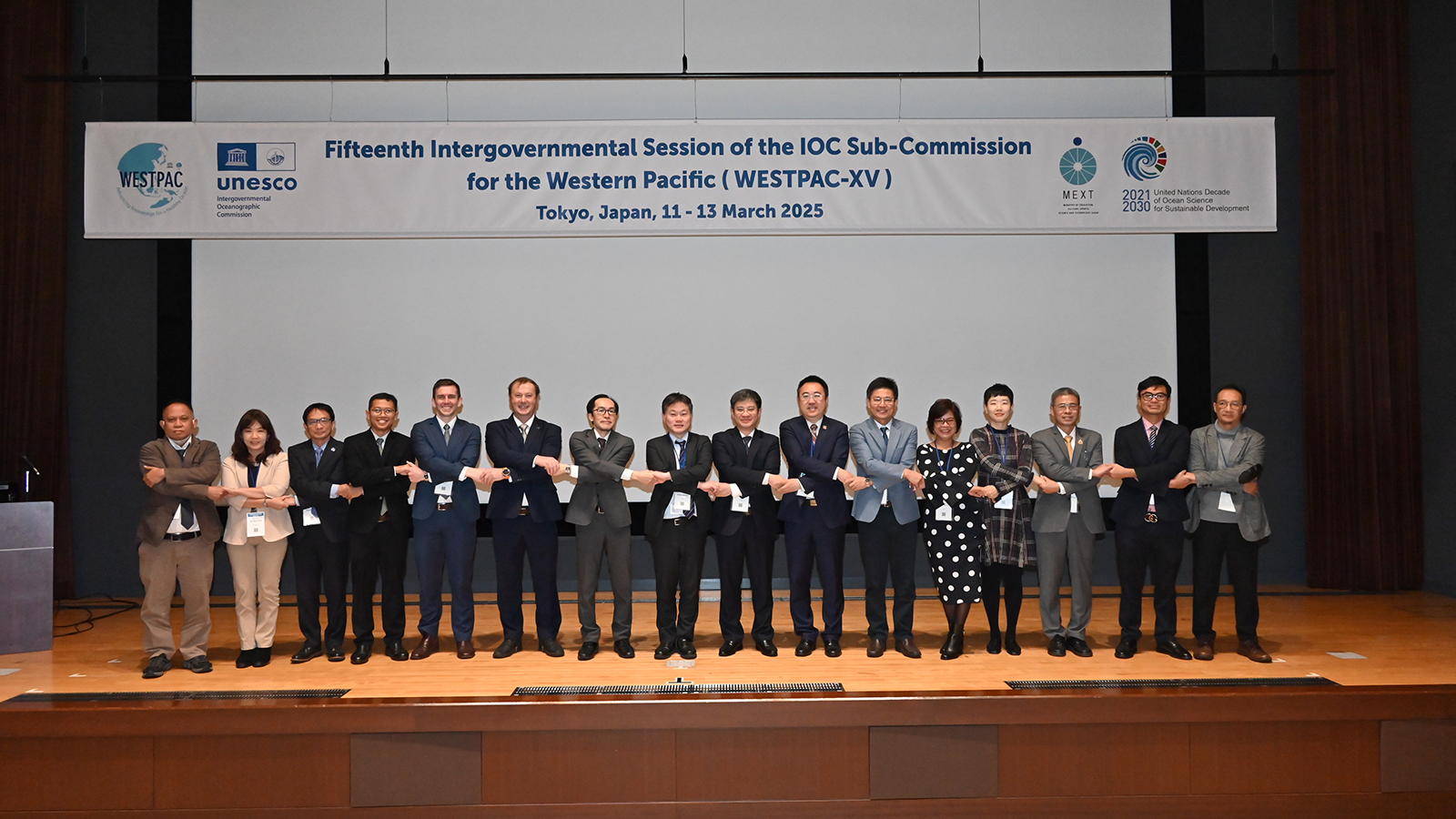
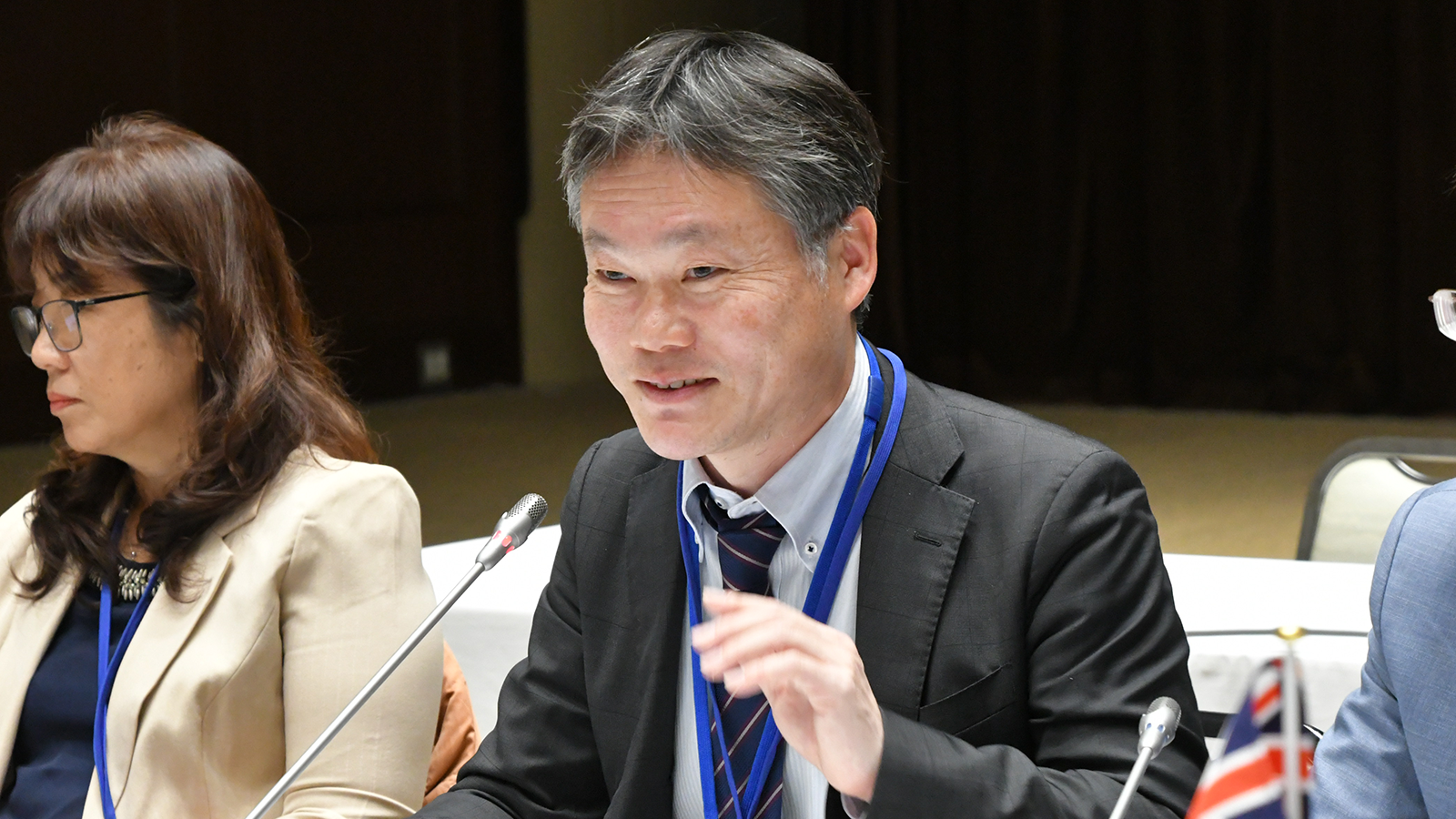
A highlight of the session was the Senior Government Officials Roundtable (SGOs Roundtable), culminating in the adoption of a joint Tokyo Statement – a collective pledge to harness the power of ocean science in tackling pressing sustainability challenges and ensuring responsible stewardship of marine resources.
Capacity Development and Ocean Literacy
Capacity development and ocean literacy are key means of implementation for the Sustainable Development Goals (SDGs). Member States also examined the capacity development approach and activities that the Sub-Commission has been taking, and expressed their unanimous support and willingness to contribute to its co-designed and co-developed capacity development activities, in particular the IOC Regional Network of Training and Research Centers on Marine Science (RTRCs), currently consisting of six Regional Training and Research Centers focusing on marine biodiversity and ecosystem health, marine plastic pollution, marine toxins and seafood security, coral reef restoration and MPAs, ocean dynamics and climate, and coastal contaminant monitoring & marine innovative technology. In addition, the session also decided to establish an open-ended task force on ocean literacy to drive the development of ocean literacy in the region.
New initiatives in response to emerging needs
The Session finally adopted in principle a biennial workplan of the Sub-Commission for the period 2026–2027 valued at USD 6 million, outlining priority programs and activities for the coming years. The workplan serves as a guide for the activities that the Sub-Commission would like to jointly promote and seek funding from various sources in support of their implementation. Additionally, new officers were elected for the next intersessional period, and it was decided that the next session will take place in early 2027.
